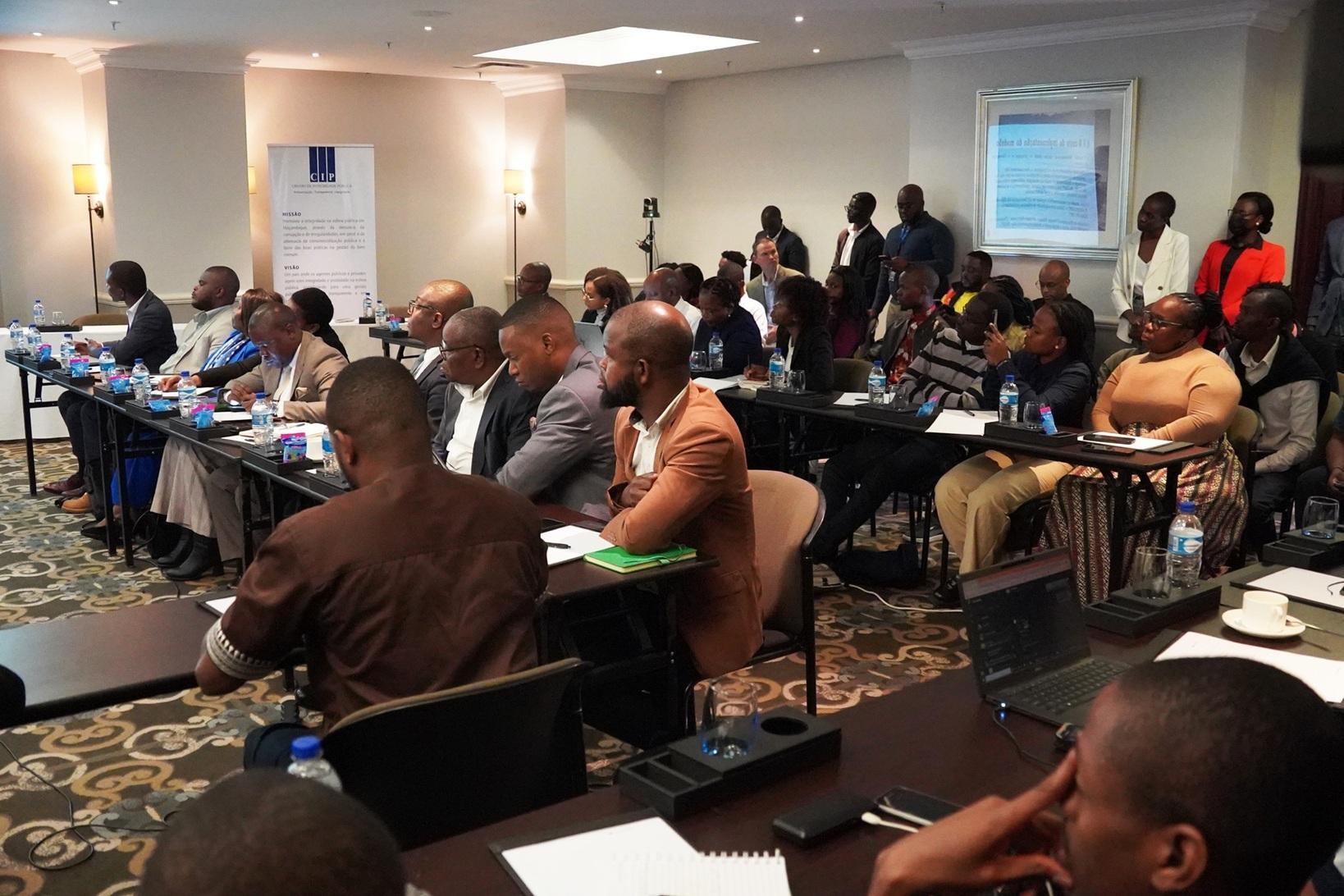Africa-Press – Mozambique. The Mozambican anti-corruption NGO, the Centre for Public Integrity (CIP), believes that the decentralization of power, over the past four years, has helped reduce post-election tensions.
According to CIP researcher Ivan Maússe, speaking on Wednesday, in Maputo, during the presentation of the Preliminary Report on the Experience of the First Cycle of Provincial Decentralized Governance (2020–2024) in the provinces of Nampula, Sofala, and Zambézia – the model, from a political point of view, reduced power-sharing tensions.
“From a political point of view, it was possible to ease power-sharing tension that had existed in Mozambique for a long time. This model was designed, firstly, to prevent Mozambique from continuing to experience the political tension we’ve had since 2012, between the ruling Frelimo party and the former rebel movement Renamo”, he said.
However, the organization believes that, from the perspective of improving the population’s quality of living, the impact of decentralization is not yet visible.
“Now, a model has been designed that, from the perspective of results for the population, is not yet able to reflect such high results. We need, in the long term, a consistent model that can truly respond to the population’s desires”, he said.
According to Maússe, the effectiveness of decentralized governance also depends on the provision of adequate resources for decentralized functions, such as dedicated tax sources (taxes and fees), fair fiscal transfers, and autonomy in resource management.
“All the people interviewed in this research recognize that decentralization is the appropriate mechanism for solving development problems in a large and multicultural country like Mozambique”, he said.
Data from the report point out that, between 2021 and 2024, the government decentralized 37 percent of its budgetary resources, retaining central control over 63 percent. Of the decentralized funds, 38 percent were allocated to the provinces, 57 percent to the districts, and only five percent to the municipalities.
For More News And Analysis About Mozambique Follow Africa-Press






